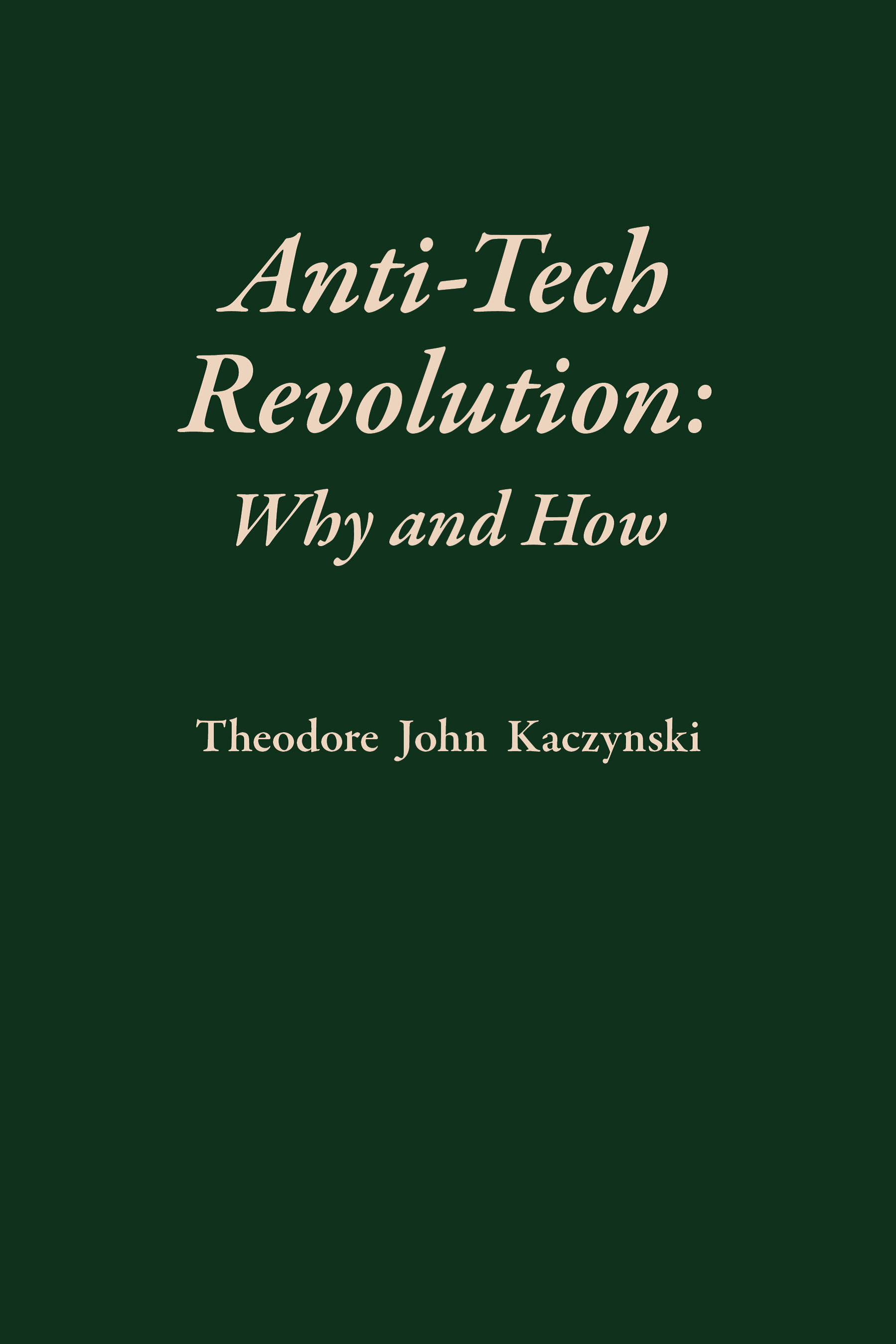What do you think?
Rate this book


236 pages, Paperback
First published January 1, 2016
. . . I feel safe in saying that virtually all people -- even people of exceptional intelligence -- who merely read this book once or twice at an ordinary pace will miss many of its most important points. This book, therefore, is not a book to be read; it is a book to be studied with the same care that one would use in studying, for example, a textbook of engineering.Okay then, Mr. If-I-do-say-so-myself. . .